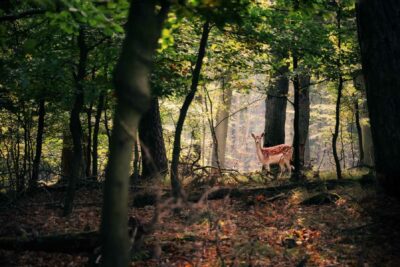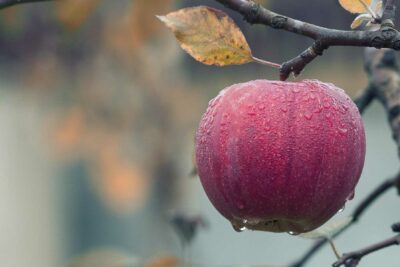In July, Europe experienced some of the most devastating wildfires the continent has ever seen. These fires have threatened wild animal communities, including countless endangered species and entire ecosystems. We should care deeply about this for two reasons: every other species on this planet has the same rights to it as we do, but also because our survival depends on the health of every individual on this planet, not just other humans.
We are currently in the midst of climate breakdown and its effects have never been closer to home. Europe has recently experienced record high temperatures, yet again, resulting in devastating wildfires, in places that have never seen such intense events before. This goes beyond Europe obviously. The USA and Australia have also experienced some of the worst wildfires in history in recent years, while last year 90 people died in a fire in Algeria and in Siberia large fires destroyed 3.7 million acres of forest. These fires are driven by climate breakdown-induced droughts and extreme temperatures, which are more common than ever before, and inevitably they will only worsen.
In the reporting that follows these devastating fires, animals are rarely mentioned. But we must talk about them. Not only are they the greatest victims of human-generated climate breakdown, but they hold the key to helping us end it. If we continue to ignore them, despite what other actions we may take, we cannot succeed. We need to consider our fellow animals and we need their help.
What Is Happening and Where?
Fires raged across France, Spain, Portugal, Italy, Turkey, and Greece. In many cases, fires burned through isolated nature reserves, national parks, and protected areas. The impact on wild-dwelling species, as always with wildfires, is severe and countless individual animals who are part of already endangered populations, have lost their lives and many more have lost their homes. Like us, they want to live and they do not want to leave their natural habitats behind. They need our help.
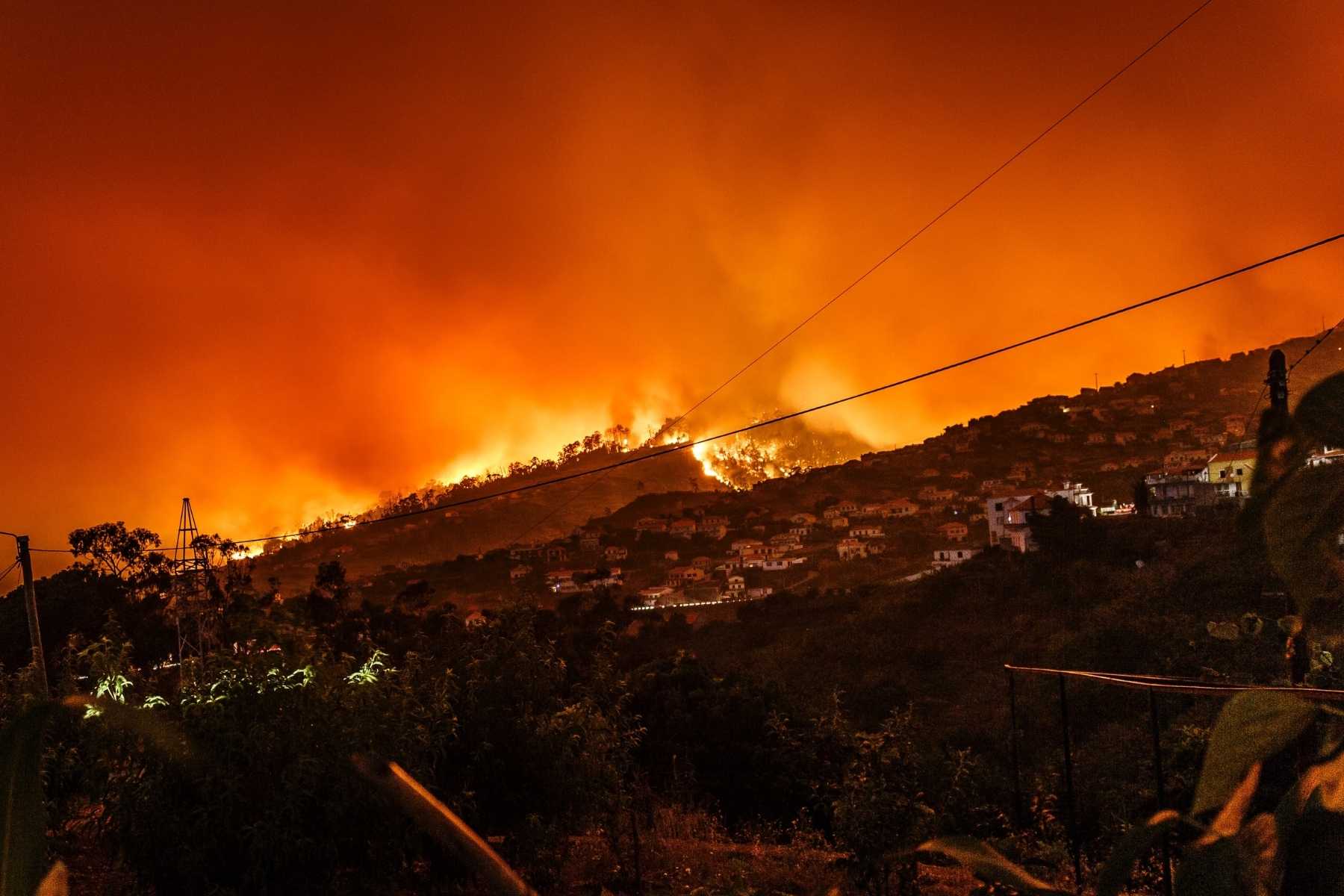
The World Wildlife Fund (WWF) has examined the regions in which these fires were burning and the species and habitats that were affected.
Greece
In Greece, WWF confirmed the wildfires have destroyed vital ecosystems and affected both wild and domestic animals. The badly affected Attica region is home to an isolated group of critically endangered red deer and two packs of endangered gray wolves, both of whom are already under major threat.
Turkey
At least 200 different wild-dwelling species of animal are likely to have been harmed by the fires in Turkey’s Antalya and Muglia regions. Among those we fear have been lost in large numbers are desert lynx, wild goats, eagle owls and wooly dormice.
Italy
Sardinia, one of the most biodiversity-rich regions in the Mediterranean, was hit hard by wildfires, endangering the lives of hundreds of endangered Sardinian deer, partridges, and hares.
The WWF have said that fires in Abruzzo, Sardinia, Puglia, and Sicily are having a “huge impact on wildlife and important ecosystems that are already threatened by fragmentation, land transformation, hunting, poaching and illegal logging.”
France
Europe’s last surviving land turtles, Hermann’s tortoises, have lost huge portions of their nature reserve home in Southern France. Conservationists are hoping they have been able to burrow to safety, but it’s likely many of the precious remaining 10,000 tortoises will have been killed or badly injured.
These impacts are a tragic loss of life. Not just because we get closer to losing whole species forever, but because sentient individuals lose their lives. Their survival is everything to them, but it is also key to fighting the climate crisis.
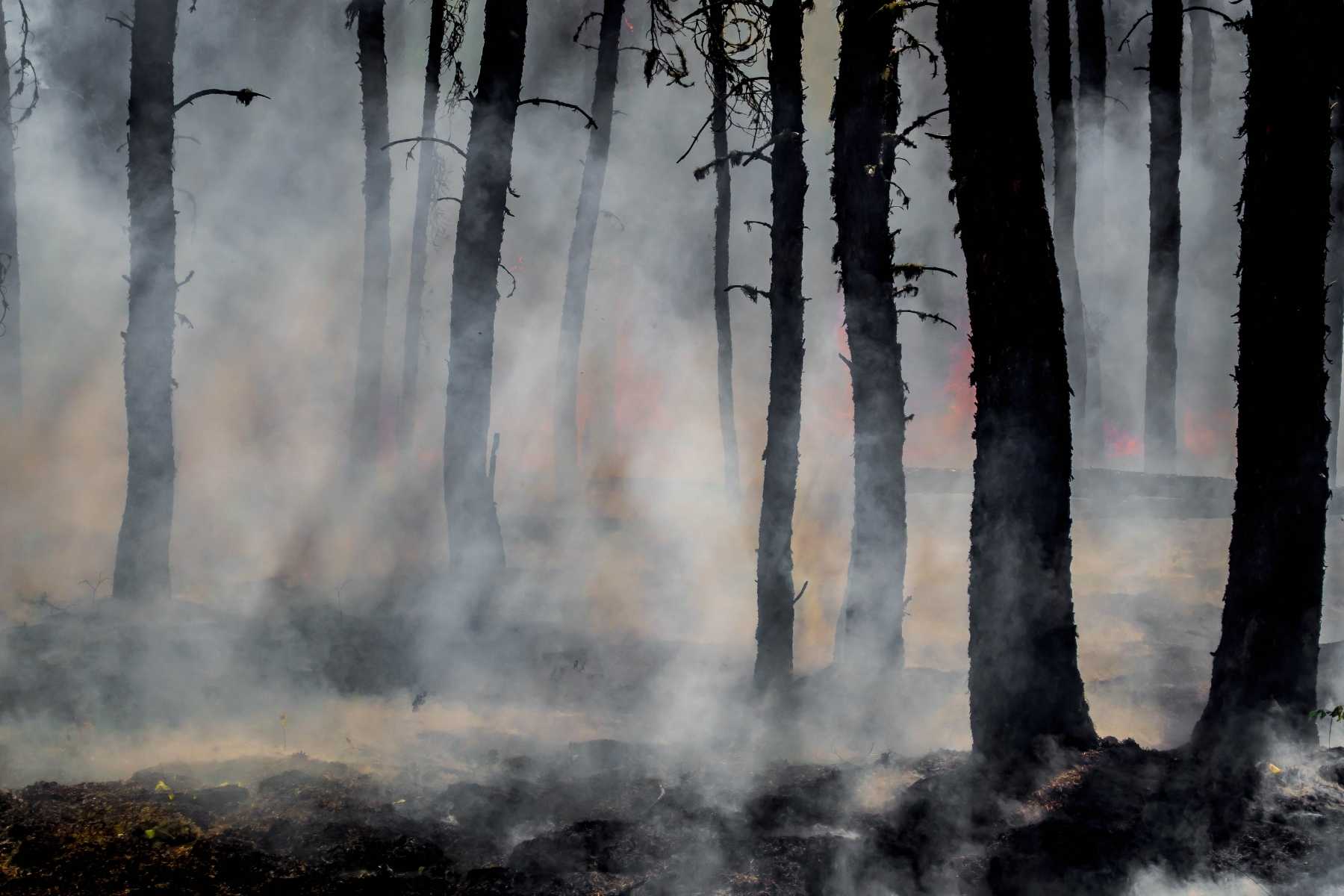
Why Are Animals Key to Fighting the Climate Crisis?
If we are to reverse climate breakdown and reduce the occurrence of these extreme weather events, we need to include the well-being of animals in our strategies and think differently about their role.
Biodiversity is one of the cornerstones of a healthy planet and a critical part of the interconnected system we have on this planet. Often people forget that we, as humans, are a part of this system, an equal part alongside animals and plants. We cannot survive if they do not survive. We cannot thrive if they do not thrive. As animals go about their business, they do things which help the planet and therefore us function properly. These things are not done for us, but because we are part of this system, we benefit. Right now we are taking this for granted, and abusing that privilege.
Pollinators
Forests and scrubland are home to millions of pollinating insects like bees, butterflies, moths, bats, birds, beetles, and small mammals. These skilled critters pollinate plants as they go about their business and as a result, agricultural systems can function properly, we get to enjoy diverse flora in the countryside, we can eat a range of foods, and the planet’s natural defenses to climate change, like forests, can function properly. Yet we continue to disregard this, and make choices that harm them and reduce their habitats.
As a result we are already losing pollinators at an alarming rate. Research suggests the three main reasons for this are habitat loss, degradation, and habitat fragmentation, all of which are driven by human agricultural and urban expansion. And wildfires only make this problem worse, leaving barren, fragmented habitats, where pollinators cannot nest, forage, or hibernate. Beekeepers who produce honey also do not help the issue, as farming bees contributes to wild bee declines through resource competition and spread of disease. This makes wild populations yet more vulnerable to climate breakdown.
If everybody ate a plant-based diet we would need a fraction of the farmland to produce all the food we need. So, as well as protecting wild pollinators, we could return the remaining, unpolluted land to wildlife and allow nature to protect itself and us from the devastating effects of climate breakdown.
Animals Protect Soils
Soil health is crucial to a healthy ecosystem and one of the most important factors in resilience to climate breakdown. Animals, down to the smallest microorganisms, play a crucial role in protecting soils and helping plant life thrive. Small mammals like rodents, forage in the soil, naturally creating opportunities for plant growth. Their waste is also a natural fertilizer providing microbes for soil to thrive. Termites, ants, beetles, earthworms and more, burrow into soil, creating natural soil movement.
Events like intense wildfires kill the animals who keep soil safe and healthy, as well as destroy nutrients in soils, creating barren landscapes where life cannot thrive.
Animals Protect Forests
Forests are absolutely key to fighting climate breakdown and they need protecting if we are going to be up to the challenge. They safely lock away carbon, preventing it from warming the atmosphere. They also prevent flooding, protect essential soils, and clean the air of harmful pollutants. But they cannot do this without animals.
Forests, like most natural systems, are mutually dependent ecosystems who’s health relies on the health of its plant and animal inhabitants. So, without a high variety and number of healthy, thriving species, who all have enough room to live, forests inevitably suffer. So, as we remove forests intentionally, or they burn as a result of wildfires, animals who live there either also die or are forced into smaller habitats, with higher competition for resources. This reduces their chances of survival and therefore overall biodiversity. As forests get smaller, the effects worsen, until there is nothing left, and humans, plants, and animals alike are left defenseless to the effects of climate breakdown.
Both forests and animals must be treasured and protected and our current approach does the opposite. It’s time we made changes that made a difference. Not only does animal agriculture destroy forests directly, through clearing trees for pasture and growing animal feed, but the industry also contributes to climate change, and therefore extreme weather events like wildfires. Farming animals is destroying both wild animals and their homes.
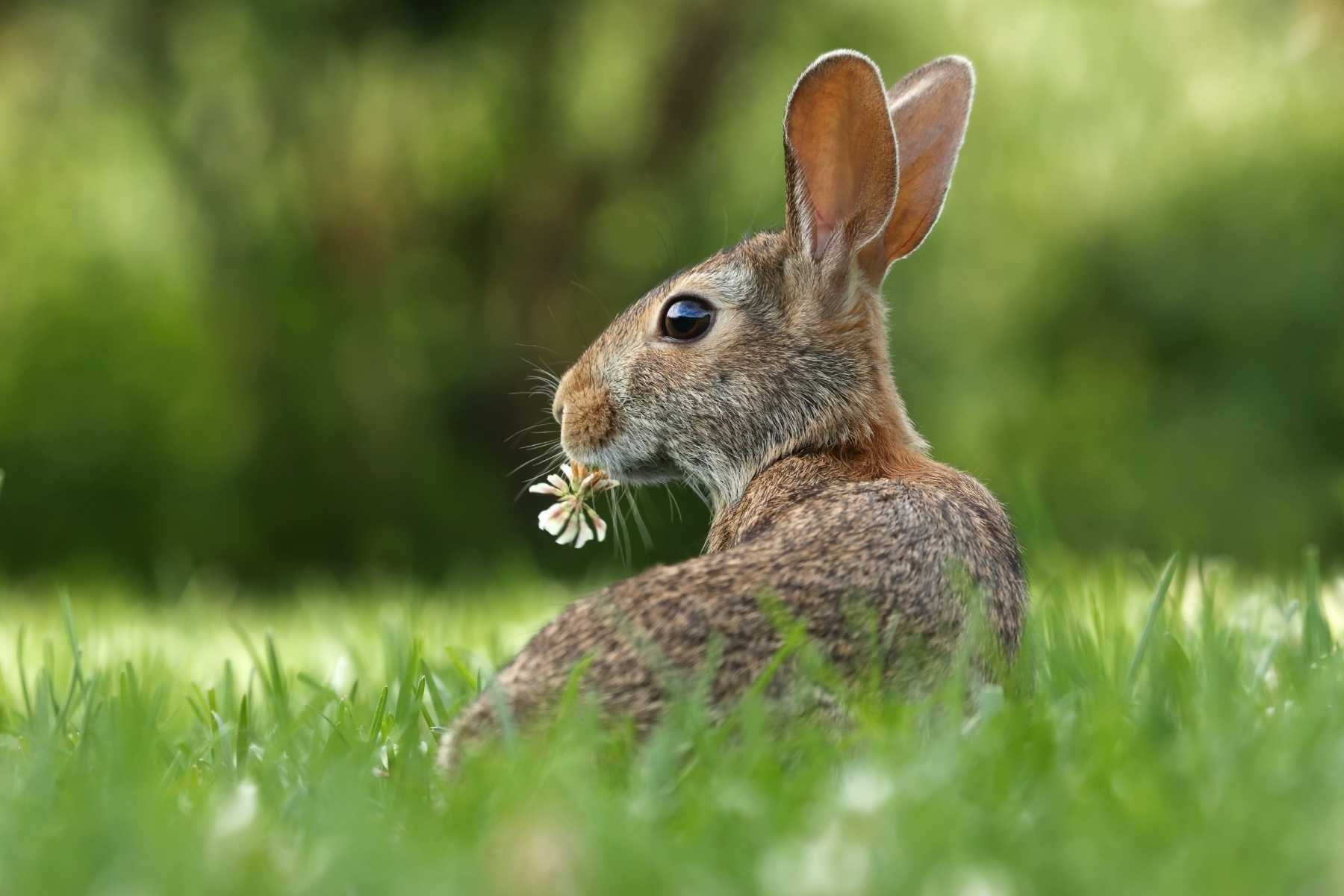
What Can We Do?
Go Vegan
The first thing we can do to help all animals and protect the planet, is to stop eating meat, milk and eggs.
This is because going vegan is by far the most effective way of reducing our personal carbon footprint and helping the fight against climate change. If we all did this, we could significantly slow the effects of climate breakdown.
Secondly, if we stopped eating meat, we could return around 75 percent more land globally to natural habitats that support and nurture biodiversity, making animals and ecosystems far more resilient to climate breakdown-related events. In fact, research shows that restoring natural ecosystems to only 15 per cent of the earths current farmland, could spare 60 per cent of species threatened with extinction, as well as sequestering a huge amount of carbon from the atmosphere.
If we took only the land we needed to survive and left animals alone to do what they do best, leaving them the environments they need to thrive, nature will take care of the rest. It’s that simple. It is not only our moral responsibility to do this, but our survival depends on it. Without healthy and thriving animals and plants, humankind will not last long.
Let us help guide you with our free 7-Day Vegan for the Planet challenge.
Support Reforestation Projects
Many of the ecosystems destroyed by intense wildfires are damaged beyond natural repair. This means forests and other habitats cannot regenerate quickly without positive human intervention. In those cases, reforestation and rewilding may just be the best tools we have to restore ecosystems in the short term.
- Reforestaction partners with organizations on the ground in Europe to fund reforestation projects, in areas affected by natural hazards like wildfires. You can explore all their projects and their impacts and donate to individual projects you want to support.
- One Tree Planted funds tree-planting projects all over the world, targeting locations affected by wildfires and deforestation – you can choose a location and donate to plant as many trees as you like!
- The California Forest Foundation doesn’t actually run any projects themselves, but they do the crucial job of educating the public about the importance of protecting forests. You can donate to support their education projects and their website has downloadable education materials.
- Reforest Now is actively restoring degraded forest and bushland in Australia, following the devastating bushfires in 2020. They even keep a record of every tree planted and who funded that tree, so you can see your impact first-hand.
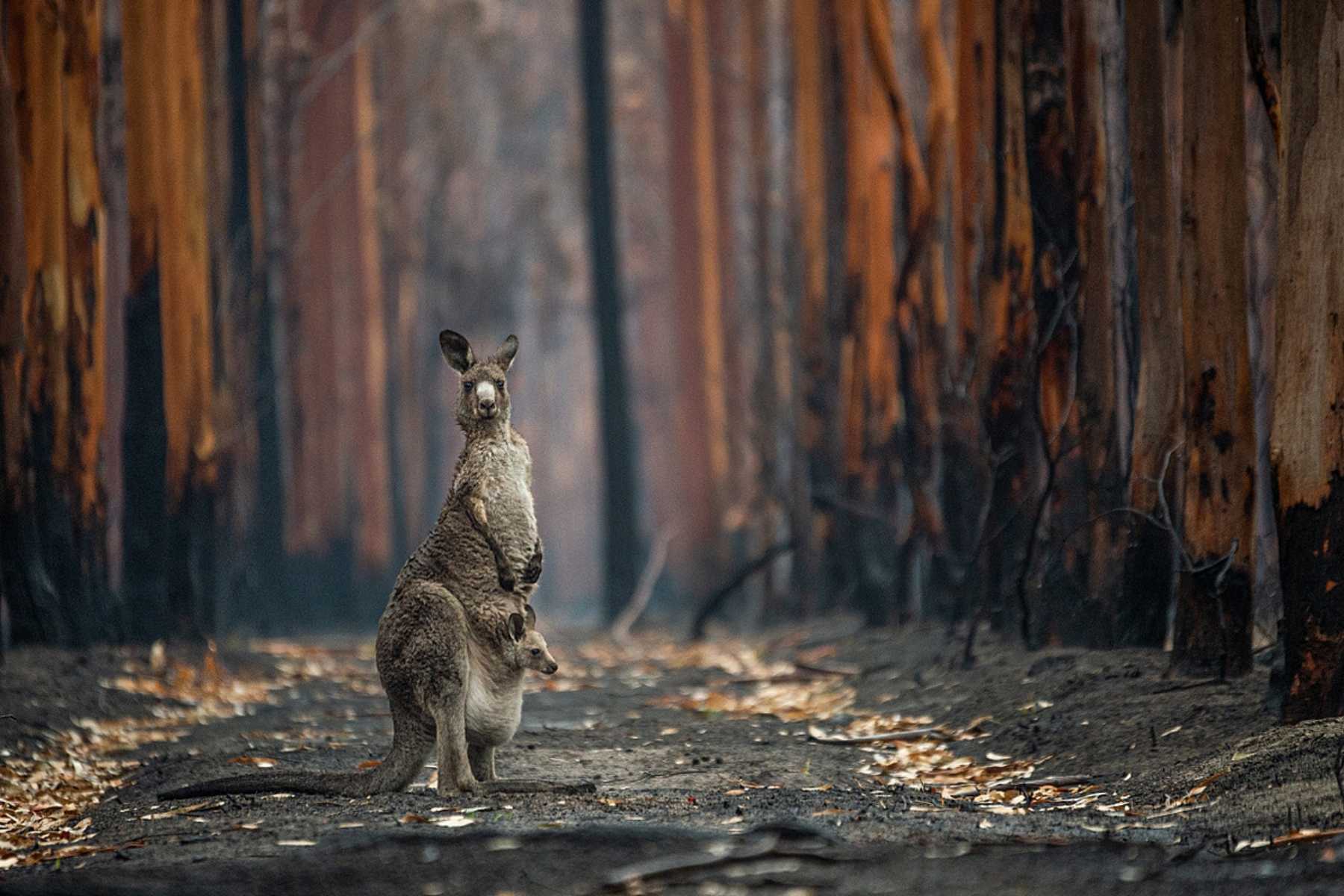
Be an Animal Friendly Space
Research shows that creating integrated urban and agricultural spaces, rather than isolating habitats, can make animals more resilient to climate change and reduce the chance of species extinction. But animals have been written out of human-occupied spaces, particularly agricultural, urban, and suburban areas. We have not considered their needs and have not created shared spaces where animals can thrive alongside us. There are several ways we can support this.
Firstly, we can support veganic, regenerative farming practices. This kind of farming system uses sustainable agricultural practices, prioritizes plant-based crop growth, and integrates wildlife into the agriculture process, and is being adopted more and more frequently. As well as being much better for ecosystems generally, veganic farming prioritizes giving wild animals a home, which benefits them, makes our agriculture more resilient to climatic changes, and promotes healthy crop yield. It’s a win-win-win, that benefits everyone.
Here a few resources for more information on veganic, regenerative farming::
We can also adapt our own spaces to be more animal-friendly, benefiting wild animals, as well as providing a wealth of mental health and wellbeing benefits to ourselves.
- This article outlines how you can give wildlife a safe space in your home to thrive, even if you just have a balcony.
- If you’re lucky to have your own green space, wilding a portion, or all of this space is an amazing way of integrating wildlife into your property. This means planting wildflowers, allowing natural grasses to grow, and allowing trees to grow out naturally. Watch, as your garden becomes a hive of activity for local wildlife.
Conclusion
The uncomfortable reality is that we have already caused so much damage to our planet that events like wildfires are going to be more common for many years to come. But if we start making changes now, we can start protecting animals and ourselves more effectively, so that we all become more resilient to climate breakdown and eventually, reduce the occurrence of these events altogether. But we must act now.
There is no disputing that human-induced climate breakdown is the cause of these events, yet we continue to cut down forests, emit record levels of greenhouse gasses, and pollute wild places, all so we can needlessly continue eating animal products. Going vegan is proven to be one of the most effective actions we can take to reduce our impact as individuals, to fight climate breakdown, and give animals and humans a better chance of thriving on this planet.
